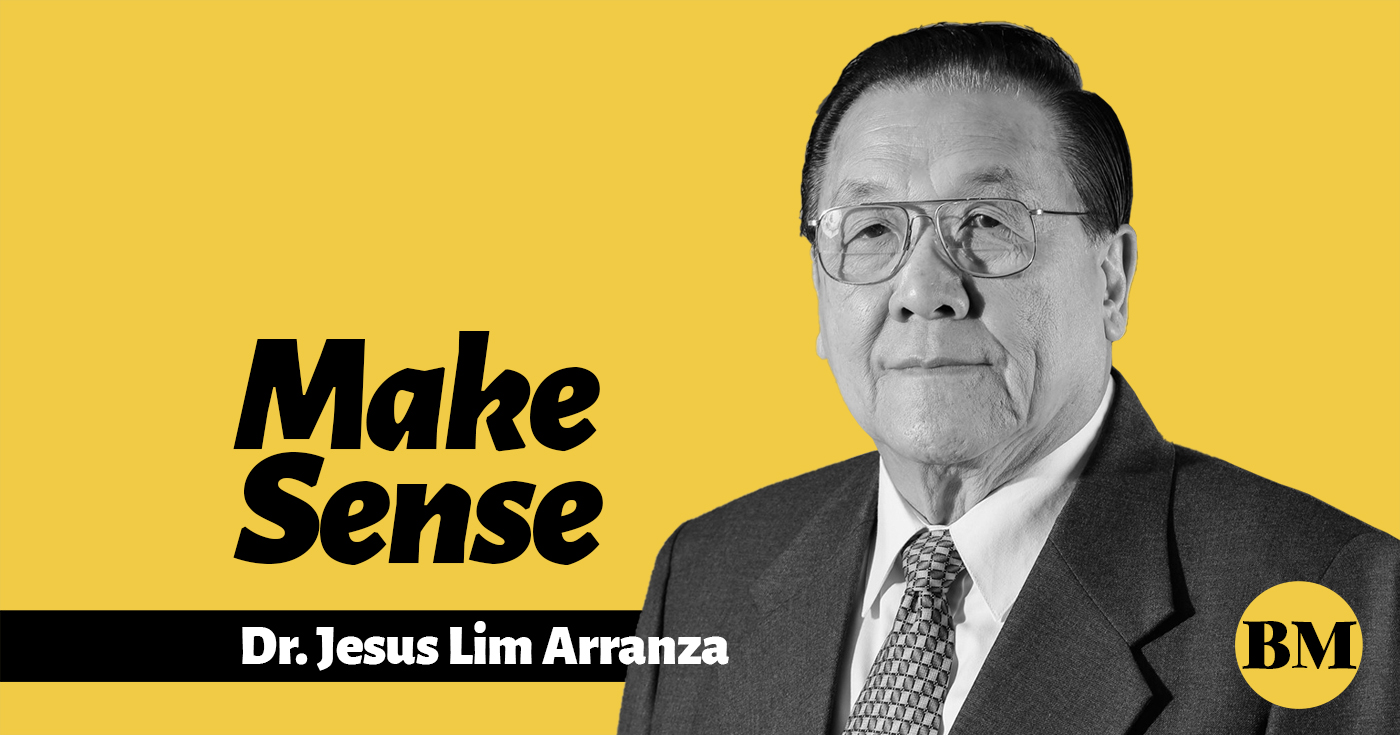
Sometimes, however, there are flaws in these laws, like the Philippine exemption of casinos in the coverage of the Anti-Money Laundering Act (Amla). To the hackers who managed to extract almost a billion dollars from Bangladesh’s central bank, Philippine casinos are ideal “washing machines” for dirty money?
The scheme started when the still-unidentified hackers managed to insert malware into the Bangladesh central bank’s computer system. They were able to divert funds from the bank’s account at the New York Federal Reserve (the Fed), some $81 million of which ended up in a Philippine bank before the money was diverted to several casinos.
Of course, if the funds involved drug or criminal money, the story would have been different since the owner would not come out in the open.
The fact that the governor of the Bangladesh central bank personally came to the Philippines in an effort to recover the stolen money puts the country in the spotlight.
Another fact that virtually helps protect criminal money is the country’s tight bank-secrecy law. We are one of three remaining nations with this kind of attitude toward transparency in financial assets. Of course, Bangko Sentral ng Pilipinas Governor Amando M. Tetangco Jr. has belatedly called for the lifting of such law. A case of too little, too late?
Let us recall the case of former Chief Justice Renato Corona. When the Senate investigators finally succeeded in prying open his “questioned” bank accounts, about 90 percent of the alleged money had reportedly been withdrawn.
The issue not often questioned is our penchant to develop the country as a gambling destination. And who were the legislators responsible for keeping the casinos away from the Amla’s ambit?
With the current developments, we expect grandstanding legislators to sponsor proposed amendments to the Amla and the bank-secrecy law. Fine. But what about the past offenses that allowed Philippine casinos as money-laundering centers? We need to show the world that we can successfully prosecute criminals. For a country whose high international credit and investment ratings were predicated on reformed institutions and fiscal brilliance, officials must put their act together to restore our good standing in the international community.
To the best of our knowledge, the bank allegedly involved in the Bangladesh bank cyber heist has a reputation as an institution that is professionally managed and can stand all the financial ratio tests of liquidity, solvency and profitability. Could its apparent involvement in this financial mess be a case of individual weakness of management and personnel?
Sen. Sergio Osmeña III said the risks of money laundering are so daunting. But it does not take a rocket scientist to see the impending sharpening of the provisions of the Amla and Bank Secrecy Act. Beyond that, we need to bring the offenders to the bar of the Philippine justice system. This way, we can show to the world that even a sophisticated crime does not pay in the country.
****
Bingo Dejaresco, a former banker, is a financial consultant, media practitioner and political strategist. Although a life member of Finex, his views are personal and do not necessarily reflect those of Finex.
He can be reached at dejarescobingo
@yahoo.com

























